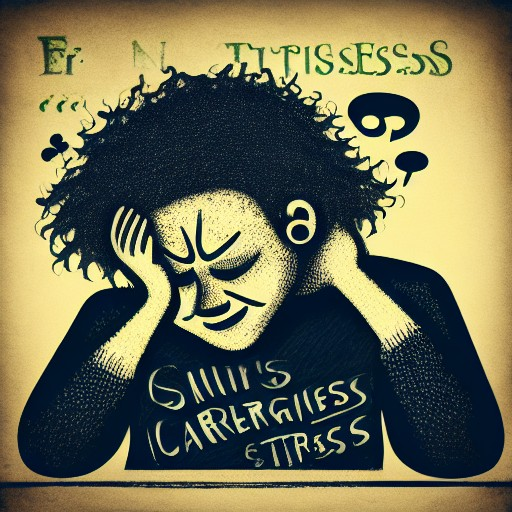The Dangers of Stress

Introduction
Stress is a normal part of life and can be beneficial in certain situations, such as when it helps us to meet deadlines or respond to emergencies. However, when stress becomes chronic, it can have a negative impact on our physical, emotional, and mental health.

Physical Dangers of Stress
Chronic stress can lead to a range of physical health problems, including high blood pressure, heart disease, digestive issues, headaches, and weakened immune system. It can also cause weight gain or loss, fatigue, and sleep disturbances.

Emotional Dangers of Stress
Stress can also have a negative impact on our emotional well-being, leading to anxiety, depression, irritability, and mood swings. It can also affect our ability to concentrate, make decisions, and manage our emotions effectively.

Mental Dangers of Stress
Long-term stress can also affect our mental health, increasing the risk of developing conditions such as burnout, post-traumatic stress disorder (PTSD), and other anxiety disorders. It can also lead to substance abuse and addiction.

Conclusion
It is important to take steps to manage stress in our daily lives, such as practicing relaxation techniques, engaging in regular physical activity, and seeking support from family, friends, or a mental health professional. Ignoring the dangers of stress can lead to serious health consequences, so it is important to take action to reduce stress and promote overall well-being.